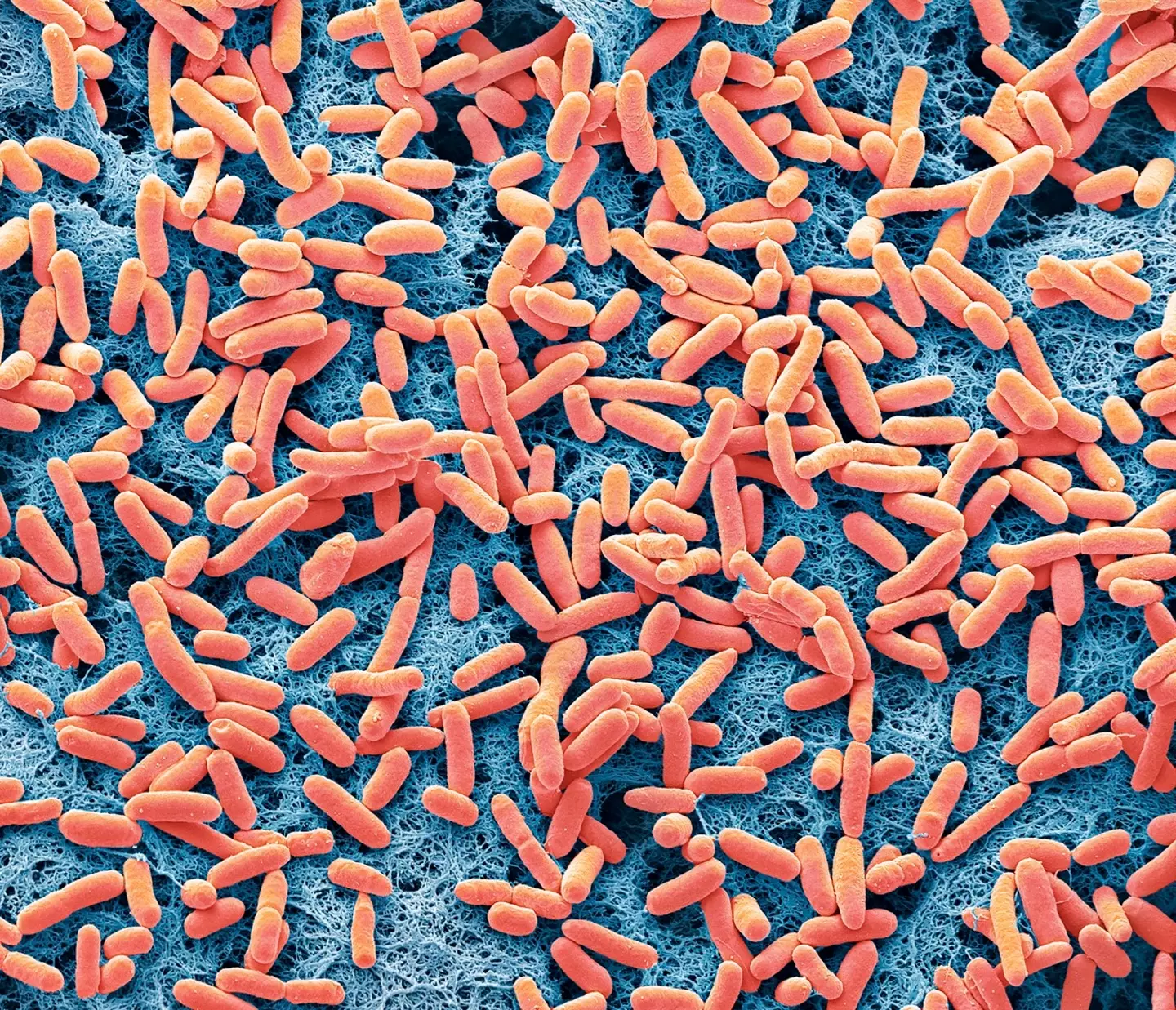
The UK government have shared some simple steps on how to avoid E-coli following a recent outbreak.
E-coli can cause some serious complications and nasty symptoms.
In some cases it can be fatal, with a person in Scotland dying after being infected from an outbreak linked to cheese last year.
The current outbreak is linked to E. coli O145 (Stec), which can cause severe bloody diarrhoea, stomach cramps and fever.
Advert
It is suspected the outbreak comes from a contaminated batch of products that people can buy around England.
If you don't take steps to protect yourself, you could be at increased risk of falling ill.
113 people across the UK have become ill with E-coli in the past couple of weeks, mainly affecting young adults, with 61 percent of those people requiring hospital treatment.

Escherichia coli, also known as E-coli or STEC, can be transmitted by eating contaminated food, close contact with someone who is infected, or through direct contact with an infected animal or its environment.
Despite the government suspecting that it is through one outbreak, the source has not been confirmed yet, as they have said there is no evidence linking the outbreak to open farms, drinking water or swimming in contaminated seawater, lakes or rivers.
Public health agencies are working with the Food Standards Agency (FSA) and Food Standards Scotland to get to the bottom of these cases.
The UK sees, on average, 1,500 cases of E-coli per year, but the current number of 113 in the last two weeks is set to continue rising as further samples are looked at.

As the government and public health agencies try to investigate the outbreak further, the UKHSA have given the public a number of precautionary steps that people can take to reduce the risk of getting E-coli, or limiting the spread if you already have it.
Keep your hands clean
It is crucial to wash your hands with warm water and soap to kill all the infectious bacteria.
Alcohol gels and sanitisers do not kill all bugs that cause diarrhoea-related illnesses.
Adhere to food hygiene measures
It's a simple one, but following food hygiene measures such as washing fruit and vegetables before eating it, or cooking food properly and all the way through could save you from a world of hurt.
Stay cautious if you show symptoms
If you have diarrhoea and have started vomiting, this could be a sign of E-coli.
It is advised that you do not prepare food for others, and avoid visiting anyone that could be at risk, such as those in hospitals or care homes, to limit the likelihood of passing on the infection.
Stay at home
Words reminiscent of the coronavirus pandemic, it is important that if you show symptoms of having E-coli, you should not go to work, school or nursery until 48 hours after your symptoms have resided.